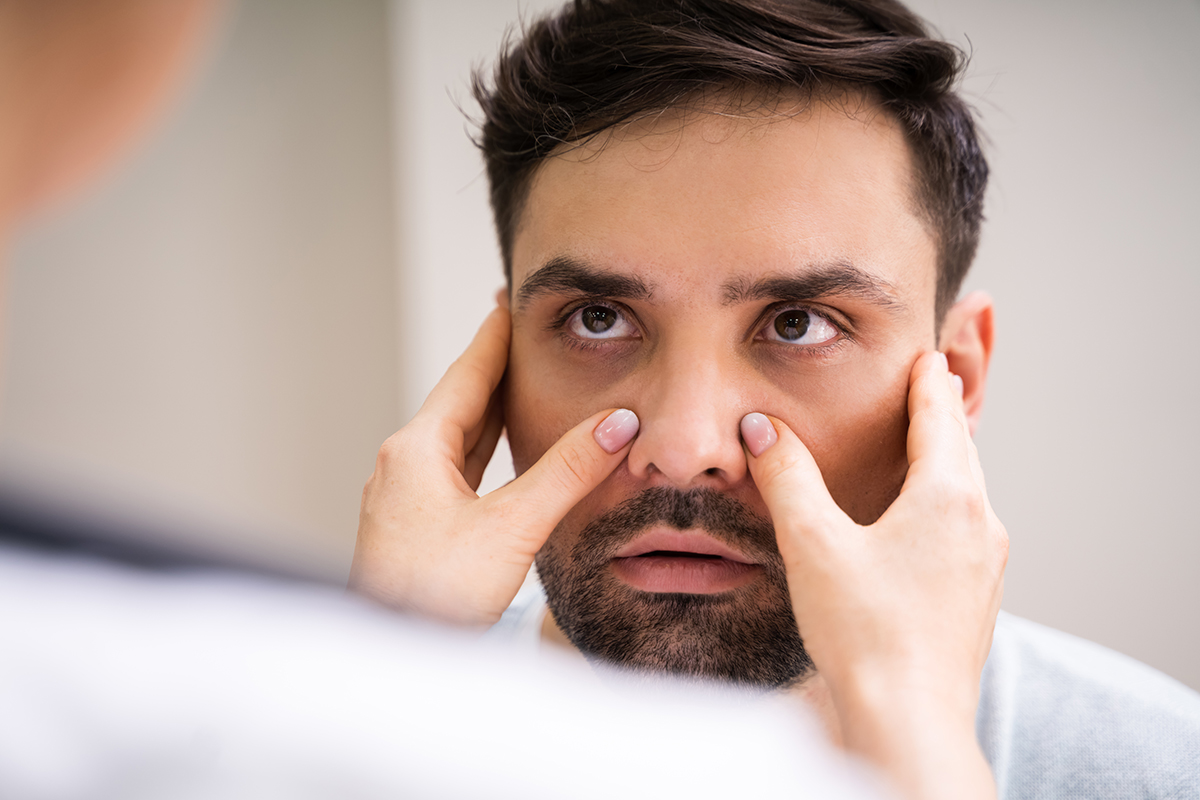Spring is a beloved season for those lucky enough to have a green thumb, but for the millions who suffer from seasonal allergies, springtime can also be downright debilitating. Symptoms ranging from sneezing and watery eyes to fatigue and runny nose can often be severe enough to prevent avid gardeners from doing what they love the most. Luckily, there are some things you can do to keep symptoms at bay while you plant, prune and pick this spring.
Manage Your Time in the Garden Wisely
Pollen levels tend to be at the highest in the late morning and throughout the afternoon, and the lowest in the early morning and evening, meaning what time you choose to do your gardening could play a significant role in reducing your allergy symptoms. You could even go a step further by consulting the National Allergy Bureau Pollen and Mold Report, found on the American Academy of Allergy and Asthma and Immunology’s website, to monitor active pollen and spore levels in the Houston area.
Check Your Local Weather Conditions
Cloudy, cool and damp weather conditions are some of the best for minimizing allergy symptoms. It’s important to note that while gentle rains are great for washing pollen away and promoting a damp environment, harsh storms with high winds often kick up dust and pollen and tend to exacerbate allergy symptoms.
Choose the Right Plants for Your Garden
Many people assume any plant with a large flowering bloom is bad for allergies symptoms, but that isn’t always the case. Trees, weeds and grass often cause more severe allergy symptoms than large flower blooms because they are pollinated via strong gusts of wind, making anyone with allergies nearby an easy target. Flowering plants are often pollinated by insects, which helps keep flower pollen out of the air.
If you’re looking to reduce allergy symptoms your garden should feature more bright, fragrant flowers, native plants and female trees, bushes and shrubs, such as daises, magnolias, cacti and roses. Consider avoiding high-pollen trees like cypress, ash and cottonwood and grasses such as Kentucky bluegrass, rye and Bermuda.
Wear Proper Attire
Be sure you’re using proper attire anytime you’re gardening, including gloves, full sleeves and glasses. These items are easy to obtain, non-obstructive and will protect your body from excessive exposure to garden allergens. You could even choose to wear a dust mask for added protection. Remember to keep these items outside when not in use so you aren’t tracking pollen inside your home, and avoid touching your face or eyes when you have your gloves on.
Don’t Forget to Clean Up
After you’re done for the day, take extra precaution during your cleanup process by leaving your gardening items outside and away from open windows and doors. You may also consider quickly changing out of your gardening clothes and taking a shower after you’re done for the day.
Reduce Pollen with Thoughtful Placement and Sourcing
It may seem obvious, but where you plant certain flowers and shrubs can make a big difference in reducing your allergy symptoms. For example, avoid planting high-pollen flowers, trees and shrubs near windows and doors that are frequently left open. Additionally, if you want to bring flowers inside, consider purchasing cuts from a florist, as those are often cultivated to be pollen free.
Professional Allergy Care and Treatment in the Houston Area
No one should have to cut back on their favorite hobbies because of debilitating allergy symptoms. If you suffer from seasonal allergies, consider scheduling an appointment with Allergy & ENT Associates for more information about how caring, professional allergy treatment can help you continue getting your hands dirty – symptom free. New patients should call (713) MY-SINUS today!



